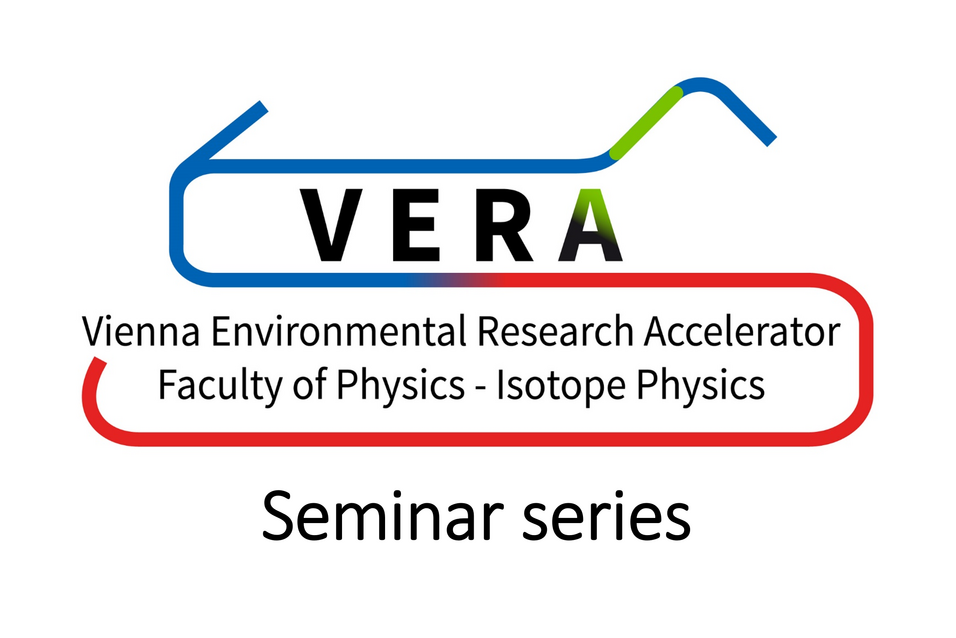Anthropogenic radionuclides are widely distributed in the general environment due to a multiplicity of sources. Global baseline levels were imposed by the atmospheric testing of thermonuclear atomic weapons mainly in the 1950s and 1960s. This global fallout signal coexists with local and/or regional contamination sources at specific sites, such as controlled releases from civil nuclear facilities or nuclear accidents. The study of the isotopic composition of Pu, U, and Am, and of the presence of 237Np, in the general environment, offers key information on the origin of the anthropogenic radioactivity, opening the gate to many interesting applications in nuclear science, oceanography, and the study of environmental processes, among others.
In this seminar, the status of the analysis of actinides radionuclides on the 1-MV Tandetron Accelerator Mass Spectrometry (AMS) system at the Centro Nacional de Aceleradores (CNA, Seville, Spain) will be presented. The performance of this system for the analysis of the most minor U and Pu isotopes in the limelight of most recent research interests like 233U and 244Pu, and the latest analytical studies focused on Am isotopes (e.g. 241Am and 243Am), will be discussed. The developed radiochemical methods at the CNA to meet the analysis of these challenging radionuclides in environmental samples will be also briefly explained. Currently, actinides are being analysed at the CNA in nuclear wastes from the Spanish nuclear industry, in sedimentary reservoirs from the Northern and Southern Hemisphere, and in seawater samples with a focus in the Southern Hemisphere. An overview on obtained actinides results will be presented and discussed.

